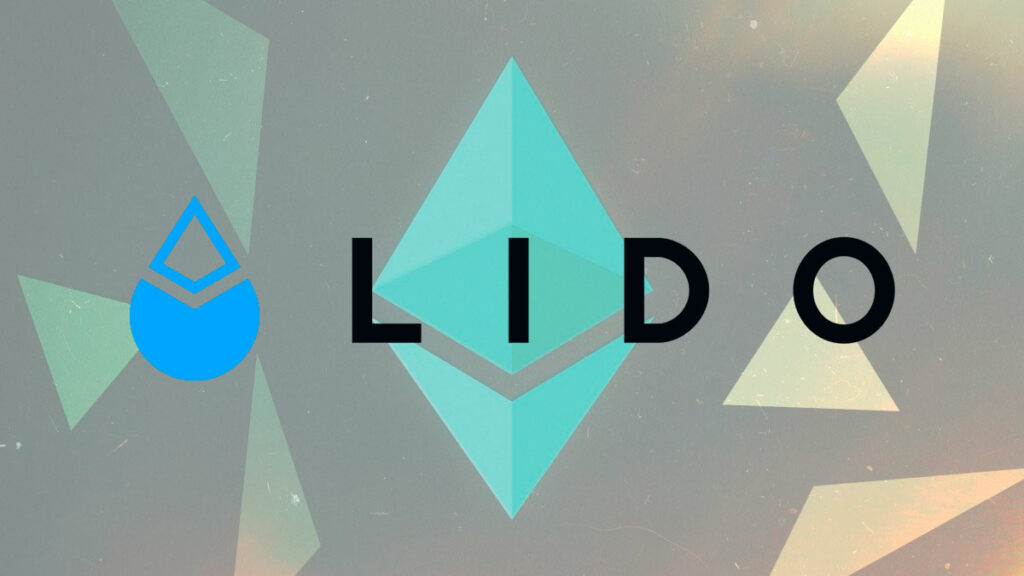TL;DR
- Lido’s Market Share Declines: Lido’s dominance in the Ethereum staking market has decreased, with its share falling from 32% to below 30%, as more ETH stakers enter the market.
- Increased Competition and Decentralization: The entry of major crypto exchanges like Coinbase and Binance, along with smaller stakers, is fragmenting the market, promoting the decentralization ethos of Ethereum.
- Staking Dynamics and Governance: Despite Lido DAO’s rejection of a staking cap, the rise in diverse staking providers is expected to enhance the network’s integrity and align with Ethereum’s decentralization goals.
Lido’s dominance has notably decreased, with its market share slipping below 30%. This development comes amidst a broader influx of Ether (ETH) stakers, diversifying the field and addressing previous concerns about Lido’s influence over the ecosystem.
Lido, a company offering liquid staking services, was once a leading player in the Ethereum staking industry. By December 2023, Lido had captured 32% of the market share, but according to new data from Dune Analytics, they have decreased to 29.57%.
This change is attributed to the growing participation of other entities in the ETH staking ecosystem, including prominent crypto exchanges like Coinbase, with a 14.04% share, and Binance, holding 3.75%, as well as Ethereum staking platform Kiln, which accounts for 3.5%.
In the market, smaller stakeholders that are not specifically identified now makeup 16.9%. This shows that there is more competition and fragmentation in the industry. Having a variety of different staking providers is viewed as a good thing because it helps to decentralize the Ethereum blockchain, which is a key value of the platform.
LIDO and the Shifting Dynamics of Ethereum Staking

Ethereum co-founder Vitalik Buterin has previously expressed that stake pools should ideally not exceed 15% control, suggesting that fees should be increased to discourage any single entity from gaining excessive influence.
The Lido DAO community recently discussed placing a limit on staking contributions but ultimately decided against it in June 2022, as 99.81% of the community voted to reject the proposal.
The rise in competition among ETH staking service providers is expected to decentralize further the staking ecosystem, which is crucial for maintaining the integrity and security of the network. Analysts from Coinbase have highlighted potential risks associated with Ether restaking and the issuance of liquid restaking tokens (LRTs), noting that while these can increase earnings, they may also amplify risks.
The Ethereum ecosystem is always changing, and one key focus is finding the right balance between having some central authority and being decentralized. Recent updates in how staking works show that the community is working hard to stay true to the basic ideas of blockchain technology, creating a strong and fair network for everyone involved.










